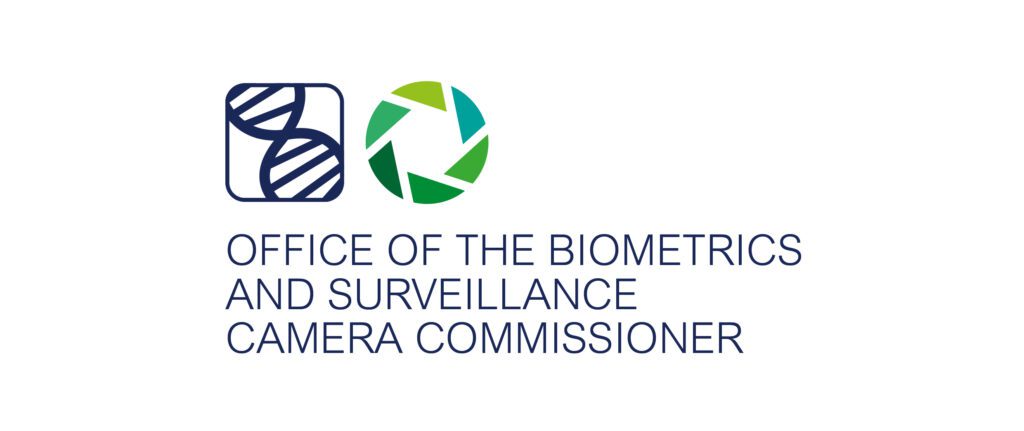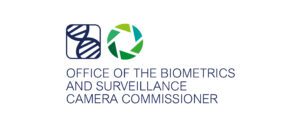Biometrics & Surveillance Camera Commissioner (BSCC) Professor Fraser Sampson has called out police forces for the high level of Chinese-manufactured CCTV and other surveillance systems they are currently using.
At the end of last year, the Office of the Biometrics and Surveillance Camera Commissioner (OBSCC) surveyed all 43 police force areas in England and Wales, as well as the British Transport Police, the Civil Nuclear Constabulary, the Ministry of Defence, and the National Crime Agency, about their use and governance of public surveillance camera systems. This included body-worn cameras and automatic number plate recognition (ANPR) systems.
The OBSCC said it received 39 responses out of a possible total of 47. It was found from these that at least 24 said the CCTV within their buildings, and 18 said their external CCTV, is manufactured by the Chinese companies Dahua, Hikvision or Huawei, the Taiwanese company Nuuo or the US-headquartered Honeywell.
Meanwhile, 11 of the respondents said their ANPR systems used equipment from one of these companies and two of the respondents used cameras made by Hikvision in their body-worn video systems.
All of these companies, the BSCC said, are subject to security or ethical concerns. It has been reported that components within Honeywell products have previously been found to have come from Chinese manufacturers. This would violate restrictions already placed on these companies within the US. The US government’s Department of Commerce, Bureau of Industry and Security, Export Administration Regulations Entity List stop the companies exporting, re-exporting products and technology from the US or transferring any technologies within the US to a foreign person.
Scrutiny of Hikvision and Dahua
As we have covered in previous blogs Hikvision and Dahua, in particular, have been under scrutiny in recent years in the UK, as well as the US, due to concerns about the high level of ownership of these companies by the Chinese communist state and the alleged involvement in surveillance of human rights abuses, centred around the treatment of the Uyghur Muslims in the Xinjiang region of China.
Fraser Sampson has raised these concerns with the companies themselves and with government ministers. He called on public bodies last year who by law must follow the Surveillance Camera Code of Practice to link their adherence to this to broader ethical concerns linked to which CCTV system they are using.
Decision to ban Chinese CCTV on government sites welcomed
He has welcomed the government’s decision last November to ban the use of Chinese-manufactured CCTV on its sensitive sites as well as the changes that should emerge as a result of the Public Procurement Bill that is currently going through Parliament. This should result in public bodies having to take broader considerations into account in their buying policies and not just look at price.
Responding to the government’s move the BSCC said that public bodies should set out a timeline for assessment and removal or replacement where appropriate. In November he provided a framework for local authorities and police forces to consider what would be a sensitive site so they could follow the approach taken by central government.
Sampson said, “It is abundantly clear from this detailed analysis of the survey results that the police estate in the UK is shot through with Chinese surveillance cameras. It is also clear that the forces deploying this equipment are generally aware that there are security and ethical concerns about the companies that supply their kit.
“Clearly it is vital sometimes that the police must be able to use intrusive surveillance technology in public places. But if they want the public to trust them to do so, they must be able to persuade us, not only that they are working partners and providers that can be trusted, but also that they will use the technology available to them lawfully, responsibly and according to a set of clear agreed principles.”
BSCC Annual Report notes changes to CCTV governance
Meanwhile, the BSCC has published his annual report for March 2021 – March 2022 as the Commissioner for the Retention and Use of Biometric Material and Surveillance Camera Commissioner. In this he noted the legal changes that will be made by the Data Protection and Digital Information Bill. This was introduced into Parliament last July.
This Bill abolishes the role of the Surveillance Camera Commissioner as it removes the current duty on the Home Secretary to publish a Surveillance Camera Code of Practice so the obligation to follow the Code and track its adherence will no longer be necessary. The functions of the Biometrics Commissioner are being transferred to the Investigatory Powers Commissioner. The Bill also makes amendments to the UK GDPR and replaces the Information Commissioner, who oversees data protection regulation in the UK, with an Information Commission. Part of the changes being introduced are designed to relieve what was regarded as unnecessary burdens on business by some in the original GDPR enacted by the EU, which the UK is no longer a part.
Notably the Bill replaces the obligation to conduct a data protection impact assessment (DPIA) with an “assessment of high-risk processing”. The Information Commission will create a new set of requirements for when this will be necessary and would make consulting the Information Commission optional where an Assessment indicates processing would result in high-risk processing. The Bill is likely to undergo changes as it passes through Parliament.
We will update you on the final changes to data protection law in relation to CCTV and other governance changes as the Bill develops and when it finally becomes law. For information on your current data protection obligations read our blogs on defining the purpose of your CCTV and on the redaction of images to protect privacy.
We can help the public sector look at all CCTV options
With the scrutiny of public sector organisations and their use of CCTV and the changes being enacted in the Procurement Bill we will be happy to support those who want to be ahead of the law. If you need a CCTV upgrade or new system installed, we can examine options that will help you eliminate Chinese-manufactured CCTV. Our two main CCTV partners are the Motorola Solutions companies Avigilon and Ava Security which allow us to offer advanced surveillance on secure systems.
We are NSI Gold accredited as well as IASME Governance Standard and Cyber Essentials Certified. This demonstrates to customers not only do we install CCTV of the highest quality we also have a high level of cyber security; are taking good steps to properly protect our customers’ information and thus are meeting the latest data protection rules.
Contact us for a free site visit or to discuss your requirements.



